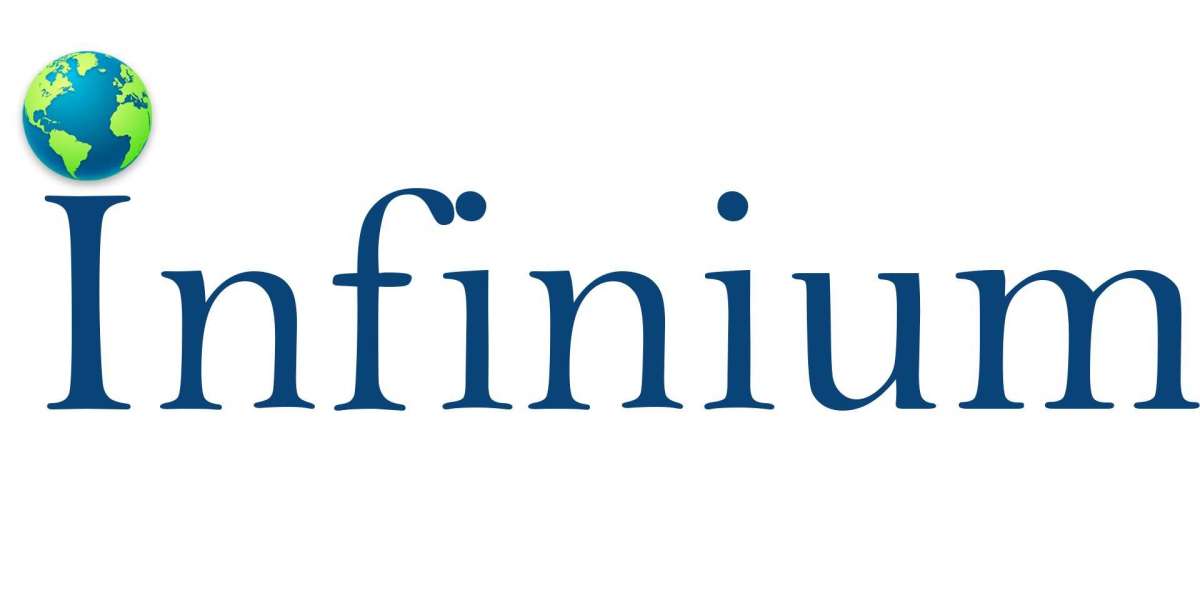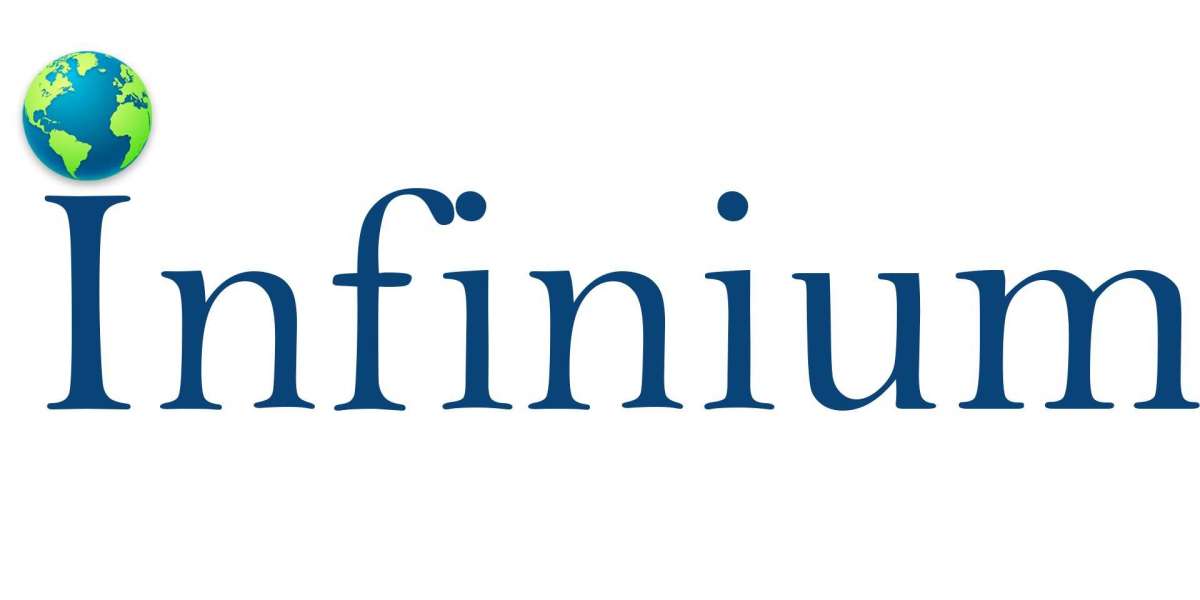"Digital Assistants Revolutionize Healthcare Market:Innovations and Growth Trends for 2024"
The Infinium Global Research analyzes the Digital Assistants in Healthcare Market Market over the period of 2022 to 2028. This report also provides detailed qualitative and quantitative analyses of the market dynamics, market size and future trends in global digital assistants in healthcare market market. It will help a lot of decision makers to develop strategies and find new opportunities in the global markets of digital assistants in healthcare market. The report covers market changing aspects including drivers, restraints, opportunities, and trends expected to encouragement the expansion of the digital assistants in healthcare market market during the period.
Market Overview
The global digital assistants in healthcare market is experiencing substantial growth, projected to increase from USD 0 million in 00 to over USD ,800 million by 0, with a CAGR of 8% This growth is driven by the integration of AI technologies into healthcare, enhancing efficiency, and patient care Digital assistants, including smart speakers and chatbots, are pivotal in automating tasks, providing emotional support, and improving healthcare delivery
Key Drivers
COVID9 Pandemic: The pandemic has accelerated the adoption of digital assistants in healthcare due to the need for remote patient monitoring and virtual assistance
Technological Advancements: Innovations in AI and natural language processing have made digital assistants more capable and reliable
Increased Smartphone and Wearable Use: The proliferation of smart devices equipped with health monitoring capabilities supports the adoption of digital assistants
Healthcare Automation: There is a growing need to automate healthcare processes to reduce costs and improve efficiency
Market Segmentation
By Product:
Smart Speakers: Devices like Amazon Alexa and Google Home are being integrated with healthcare applications
Chatbots: AIdriven chatbots are used for patient interaction, appointment scheduling, and providing medical information
By Application:
Patient Tracking: Monitoring patient health metrics and tracking treatment progress
Medical Reference: Providing medical information and reference materials to healthcare professionals
Diagnostic Guides: Assisting in diagnosis through symptom checking and medical knowledge databases
Drug Dosage: Offering precise drug dosage recommendations and reminders
Medical Calculators: Performing various medical calculations
Nursing Reference: Supporting nursing staff with relevant information and guidelines
Others: Additional applications like telehealth and mental health support
By End User:
Hospitals Clinics: Major adopters of digital assistant technologies for improving patient care and operational efficiency
Ambulatory Surgical Centers: Utilizing digital assistants for pre and postoperative care
Others: Including individual healthcare providers and patients at home
Sample pages of Report: https://www.infiniumglobalresearch.com/reports/sample-request/26603
Regional Insights
North America: Dominates the market due to advanced healthcare infrastructure, high adoption of technology, and significant investments in AI
Europe: Follows North America, driven by supportive regulatory frameworks and strong healthcare systems
AsiaPacific: Expected to witness significant growth due to increasing healthcare expenditures and growing awareness of digital health technologies
Rest of the World: Gradual adoption influenced by technological advancements and healthcare improvements
Competitive Landscape
Key players in the market include:
Nuance Communications Inc
Microsoft Corporation
Amazon
Kognito Solutions LLC
Verint Systems Inc
HealthTap Inc
Babylon Healthcare Services Ltd
Infermedica
Sensely, Inc
eGain Corporation
CSS Corporation
Market Trends
AI Integration: Increasing integration of AI for more sophisticated and responsive digital assistants
Voice Recognition: Enhanced voice recognition capabilities improving user interaction
Personalization: Greater emphasis on personalized patient care through data analytics and machine learning
Regulatory Support: Favorable government policies supporting the adoption of digital health technologies
Challenges
Data Privacy: Concerns over patient data security and privacy
Technological Limitations: Need for continuous improvement in AI and machine learning algorithms
User Acceptance: Resistance from healthcare providers and patients in adopting new technologies
High Costs: Initial setup and integration costs can be prohibitive for smaller healthcare providers
Report Overview: https://www.infiniumglobalresearch.com/reports/global-digital-assistants-in-healthcare-market
Future Outlook
The future of digital assistants in healthcare looks promising with continuous advancements in AI and increased investment in healthcare technology The market is expected to see further growth as digital health becomes more integrated into traditional healthcare practices, improving patient outcomes and operational efficiencies
Conclusion:
"In conclusion, the integration of digital assistants in the healthcare sector represents a transformative leap towards enhanced patient care, operational efficiency, and medical innovation. With advancements in AI, natural language processing, and data analytics, digital assistants are poised to revolutionize healthcare delivery by offering personalized patient interactions, streamlining administrative tasks, and facilitating more informed clinical decisions. As we look ahead to 2024 and beyond, the healthcare industry must embrace these technologies to harness their full potential, thereby improving outcomes, reducing costs, and ultimately shaping a more connected and responsive healthcare ecosystem."



